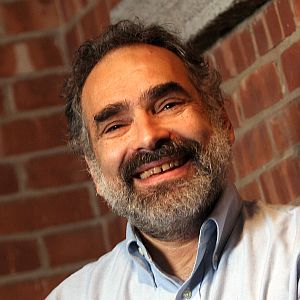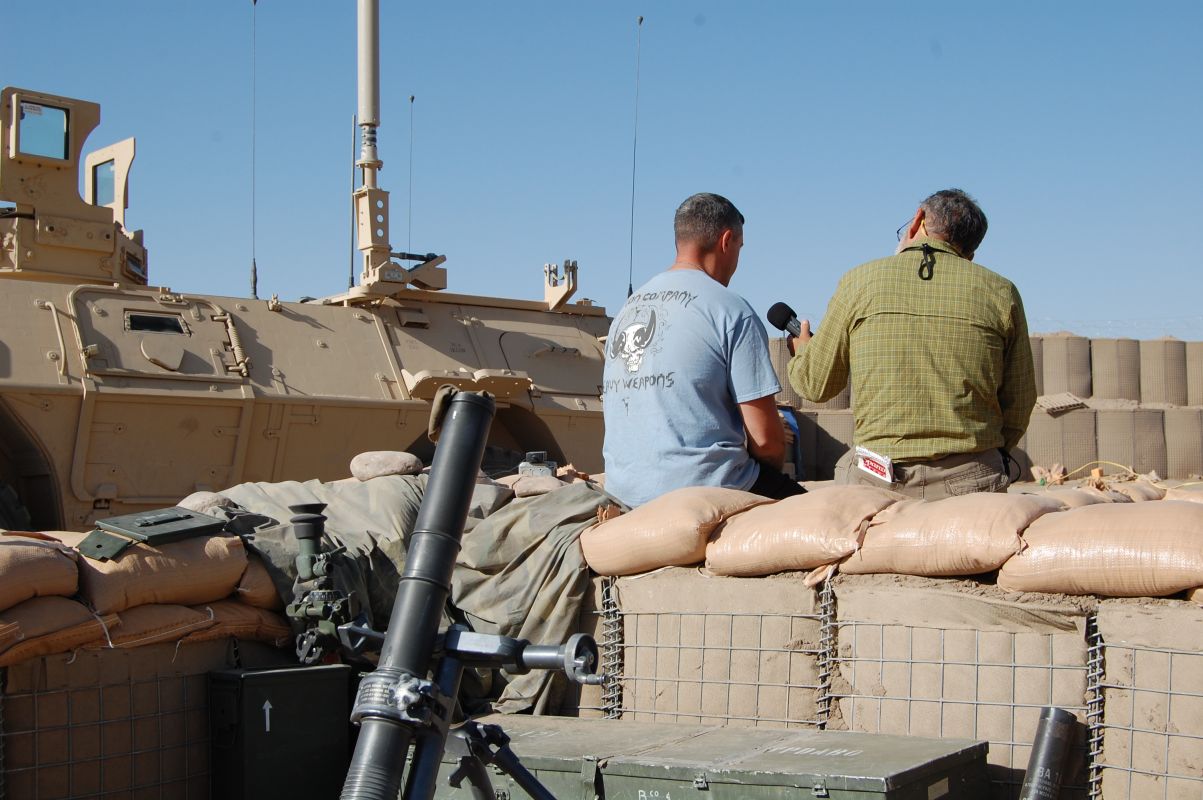My three week assignment in Afghanistan is over, and though I’m still processing all I saw and heard, I’ll try to summarize.
As I mentioned in one of my early posts, being an imbedded reporter has its limitations. The view I’ve had has primarily been through the lens of the military. Even within that context, I’ve had a narrow focus: The work of the Vermont Guard in three of the 34 provinces of Afghanistan. They aren’t the only Vermonters serving in Afghanistan as the death of Marine Lance Corporal Anthony Rosa of Swanton reminds us.
In some of my reports and blog posts, I’ve conveyed the points of view of Afghans I’ve spoken to. For the most part these have been people with some education, many of whom speak English. They are by far the exception, in a country where the literacy rate according to one 2008 estimate is 43 percent among males, and just 12 percent among females. So the views of the Afghans I spoke with may differ dramatically from the majority of their countrymen. Also, my conversations were with an ethnically homogeneous group in a country with a diverse tribal and ethnic mix.
I spoke with lots of soldiers, both Vermont Guard and others as I traveled around. There were conversations over meals, during hours riding in armored vehicles and in the middle of the night at a terminal somewhere waiting for transportation somewhere else.
The majority of the Vermonters I spoke with are cautiously hopeful about the mission of helping to create a stable, secure Afghanistan that won’t be a haven for insurgents in the future. The message I’ve heard from that group is fairly consistent:
- They say the good news (which they feel isn’t getting coverage) is that a sizeable part of Afghanistan is without serious insurgent activity.
- In their view, Afghan security forces continue to improve. The Army is well-trained, but the competency of the country’s police force (which is a key to its long term security) varies from province to province.
- After years of simply chasing insurgents, the COIN - counter-insurgency - strategy has the military and others working together with the Afghan government and local Afghan leaders to help build infrastructure as a way to win people’s confidence in Kabul.
- Corruption remains a serious problem. Efforts to combat it haven’t achieved the desired results. People lack faith in a government where shakedowns and payoffs are common. The counter insurgency strategy that serves as the playbook for U.S. efforts in Afghanistan can’t work if the people don’t support the government.
None of the soldiers I spoke with claims progress is taking place by leaps and bounds. In the more peaceful areas they say they are seeing incremental gains. In the more restive areas soldiers’ attitudes vary from believing the counter insurgency strategy won’t work to cautious optimism.
In Paktya Province, where there are Vermont Guard members on a number of bases and outposts, there are districts where insurgents are active. In the week I was there improvised explosive devises planted by insurgents were an ongoing preoccupation for Vermont Guard troops. The province’s main base was attacked by a group of suicide bombers last week. Yet Paktya hasn’t benefited from President Obama’s troop surge. I heard concerns that there are too few troops in a province the size of Delaware to keep it secure.
Vermont National Guard Captain Larry Doane, who’s a VPR commentator told me one evening Parwan Province where things are pretty quiet, “Boring is what victory looks like.”
It’s not boring yet.
A final note. Thanks to everyone for the messages I’ve received during the time I’ve been here. It’s been great to get them. Thanks, too, to a great support team at VPR who made the logistics of filing stories from Afghanistan so manageable.
Steve Zind
Reporter's Journal
VPR's Steve Zind is spending three weeks in Afghanistan, covering some of the 1,500 members of the Vermont National Guard who are deployed there.
He'll provide a close-up view of the Guard's mission and how things are going from their perspective.
The Reporter

Steve has been with VPR since 1994, first serving as host of VPR’s public affairs program and then as a reporter, based in Central Vermont. Many VPR listeners recognize Steve for his special reports from Iran, providing a glimpse of this country that is usually hidden from the rest of the world.
